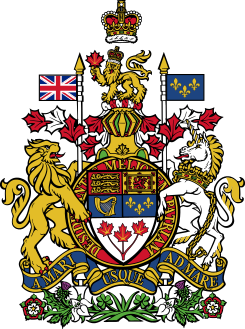 |
 |
I wish the US administration would stop doing unconscionable and reprehensible things, but, as with Rob Ford, it seems that with every new outrage I have another word to talk about.
With the banning of some of the most-respected American news outlets from a recent briefing, I became aware of the word "gaggle" used to mean a kind of informal press conference where reporters can ask questions but not make video recordings.
Like the very similar "cackle" applied to hens, "gaggle" started life in the 1300s as a verb, designating the sound made by geese, and almost certainly originating in an imitation of that sound.
About 100 years later, it started to be used as a noun to mean a "flock of geese". This was one of those fanciful collective nouns for animals that were made up at the time (a parliament of owls, a murmuration of starlings..) and which for the most part have never caught on in general parlance.
But "gaggle" was a hit. In the mid-20th century it started to be used for disorderly groups of people, especially if they made a lot of noise. This was particularly appropriate for groups of reporters all asking questions at once:
.
| Date | (1999/08/23) |
| Title | Is Nothing Private? |
| JOHN F. STACKS | |
| Source | http://www.time.com/time/magazine/article/0,9171,991797,00.html |
When it was reported that Senate minority Leader Tom Daschle told a gaggle of Washington reporters he thought George W. Bush had the right to refuse to answer questions about his long-past personal behavior
By 2004, we see it being applied specifically to the mini press conference:
| Date | (2004/09/27) |
| Title | Bush's Iraq: A Powerful Fantasy |
| JOE KLEIN | |
| Source | http://www.time.com/time/magazine/article/0,9171,995237,00.html |
FLYING TO MINNESOTA ON AIR FORCE ONE LAST WEEK, WHITE House press secretary Scott McClellan held a " gaggle " -- that is, a mini-press conference -- with reporters in the back of the plane.The analogous word in Canadian English is "scrum", taken from rugby. "Scrum" is a shortening of "scrummage", a variant of "scrimmage", which is ultimately related to "skirmish".
For why the plural of "goose" is "geese", click here.
To search the archives of this blog,
click here, then replace the word "search" in the search window with the term you are looking for.
To have fun facts about English delivered weekly right to your inbox, click here to subscribe by email.







